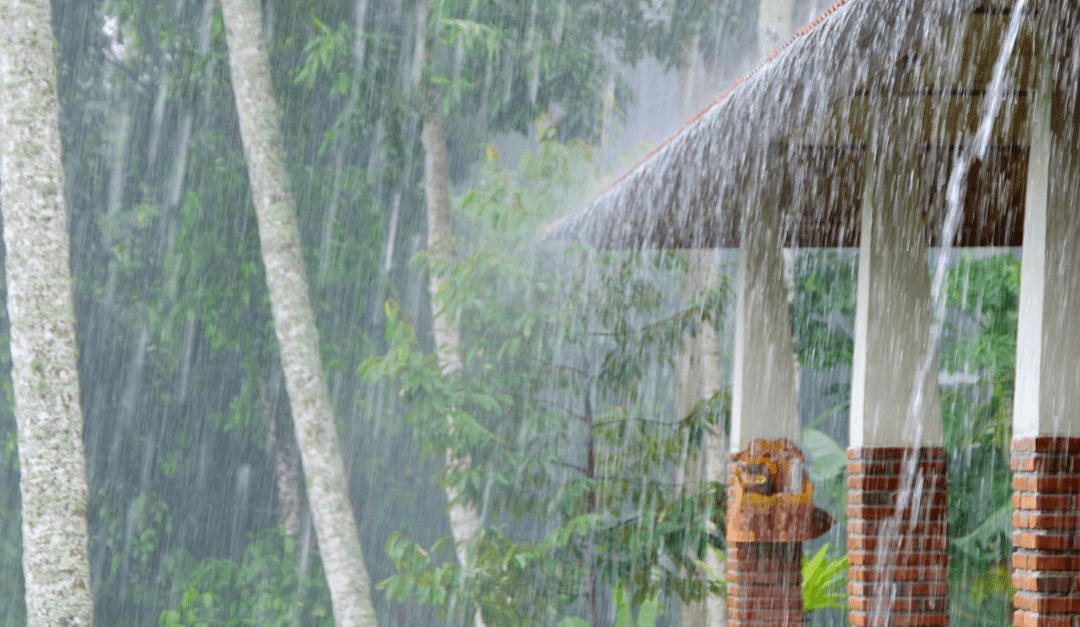READY TO GET STARTED?
REQUEST A FREE ESTIMATE
Fill out the form below or call (888) 466-7849 for a free, no-obligation estimate.

Miami, Florida is known for its beautiful beaches, lively city, and hurricanes! Unfortunately, hurricanes can bring in an influx of certain pest problems that can cause significant damage and be a nuisance. Check out the common hurricane pest problems that you could see after a storm and how to prevent them.
Check out the most common hurricane pests you could see after a storm which include:
Taking precautions before a hurricane or storm arrives is the best way to prevent hurricane pests from invading your home. Check out our top pest prevention tips:
If you’ve seen an increase in pest activity after a storm, it could be time to reach out to your local pest control company for a thorough inspection and treatment plan.

Spring season brings fresh air, warmer weather, and pests! Because of spring’s climate, household pests, including ants, roaches, mosquitoes, termites, rodents, and other pests start emerging from hibernation, looking for a food source and a place to nest. Before these pests emerge in droves, now is the perfect time to prevent them. Check out our tips on keeping unwanted spring pests away from your Tennessee home!
The smallest crack, crevice, or hole can let pests inside your home. Check around the exterior of your home, including your foundation, pipes, windows, doors, and HVAC units for these areas. Cockroaches, rodents, wasps, ants, and more will gain access and cause several problems in your home. If you notice any openings, seal them tightly with caulk. For doors, consider utilizing a sweep to seal the gap between the floor and the door. Utilize screens on doors and windows and make sure they’re always in good repair.
The combination of warmer weather and standing water will attract pests like mosquitoes and roaches to your property. Standing water is a major pest attractant and allows them to multiply and thrive, making it essential to remove it. Check your exterior and interior for leaks. Even dripping faucets and loose fixtures can attract pests. Check your yard for any items that could collect water and remove them, including flowerpots, old tires, tarps, toys, etc. Also, consider enclosing your crawlspace to help reduce moisture and control temperatures inside your home.
Many pests will utilize our firewood to hitchhike their way inside our homes. Place and store your woodpiles at least 20 feet away from your home. For extra protection, consider placing them in plastic containers with lids and elevate them off the ground to prevent termites and roaches from living in them. Before you bring it indoors, inspect it for pests and brush them off.
Starting early on your spring cleaning could pay off in keeping pests away! Consider starting at the lowest level of your home and working your way up to declutter. Clean the floors, dust, sweep, mop, vacuum, and remove unnecessary items from your closets and drawers. Get rid of old newspapers and cardboard boxes in storage, as these can attract rodents looking for a place to nest. In your yard, remove old tree stumps, twigs, and other debris. Likewise, rake up all the leaves and continue mowing on a regular basis.
Mice and rats are looking for food to survive, invading our kitchens to find it. It’s important to clean your kitchen and safely store leftover food. After each meal, wipe down your counters and clean up any leftover crumbs or spills. On a regular basis, sweep and mop your kitchen floors, and don’t forget to clean under your appliances too. Take your garbage out regularly, using trashcans with lids. When storing food, make sure you utilize airtight containers.
While utilizing these pest prevention tips will always help keep bugs from invading your home, sometimes it’s best to call a professional for extra protection. Your local pest control company can assess your home, identify any sources of pest problems, and provide you with a pest control and prevention plan.